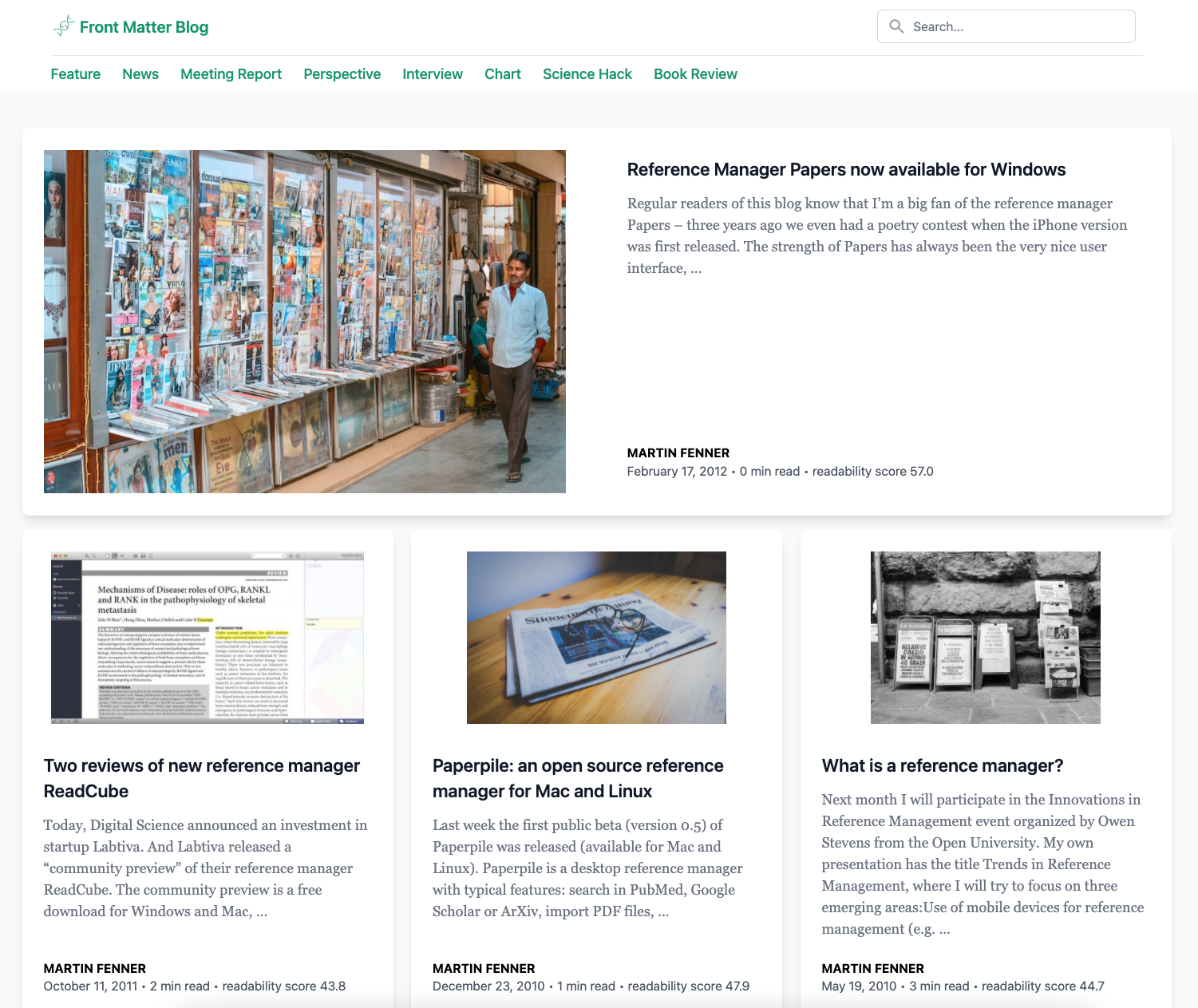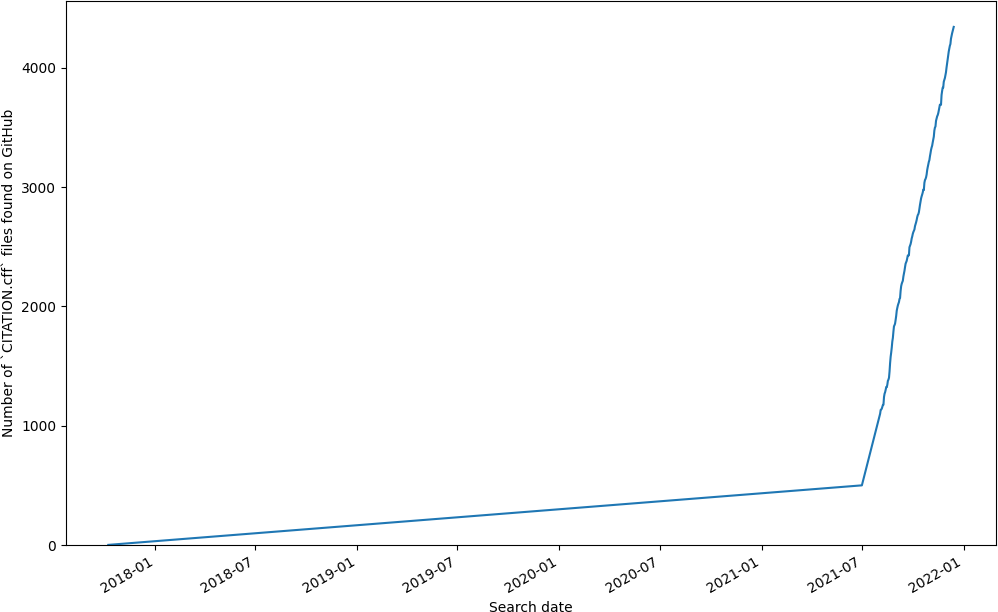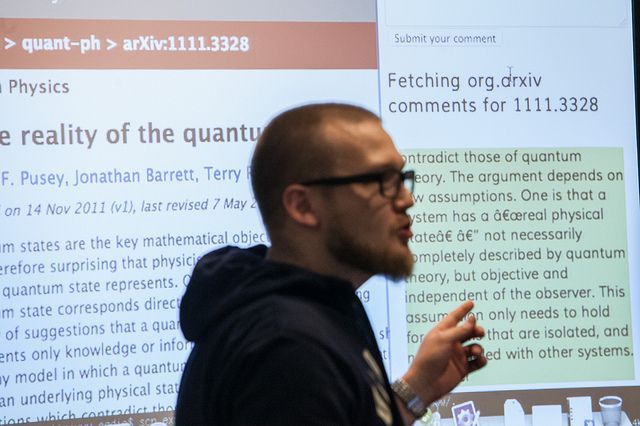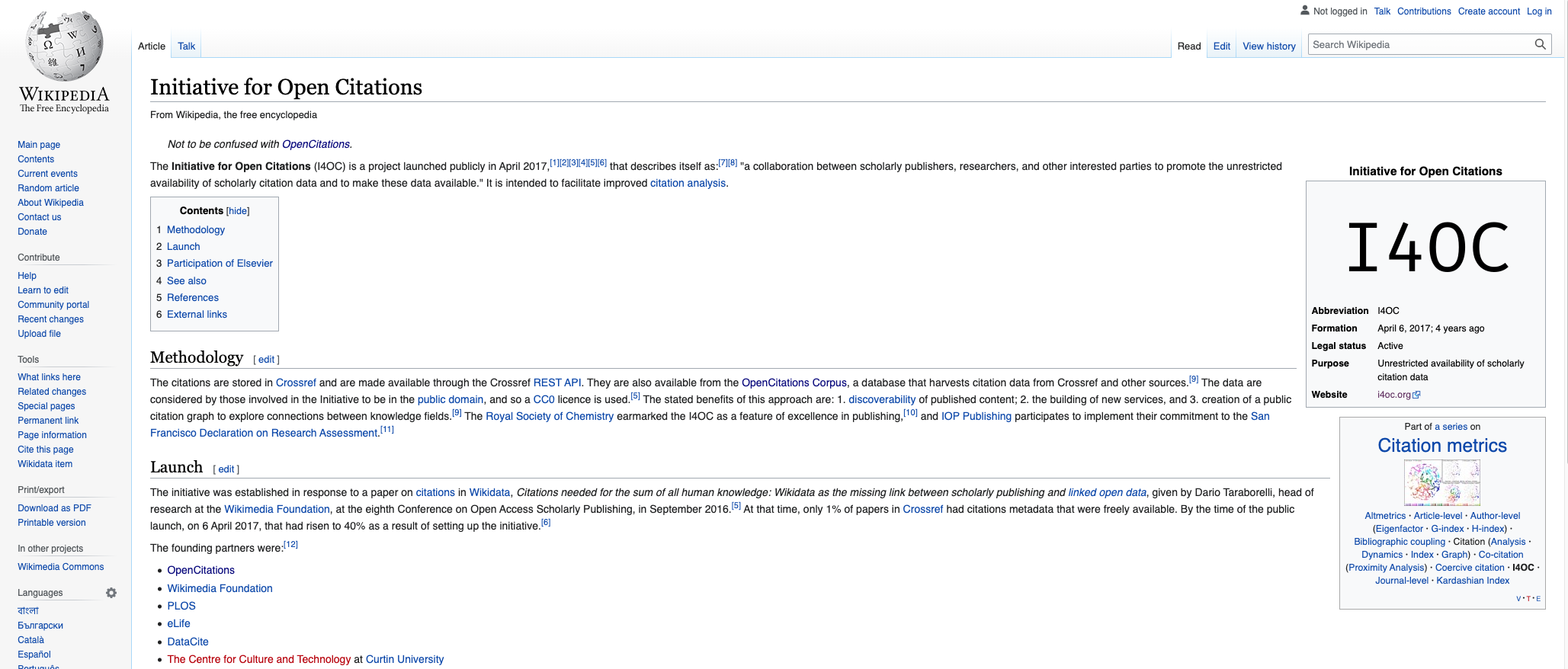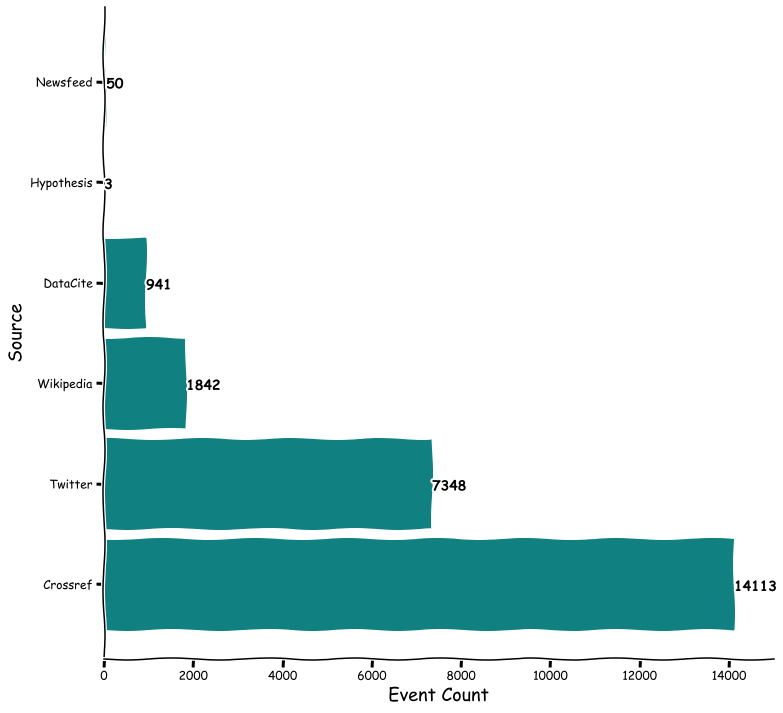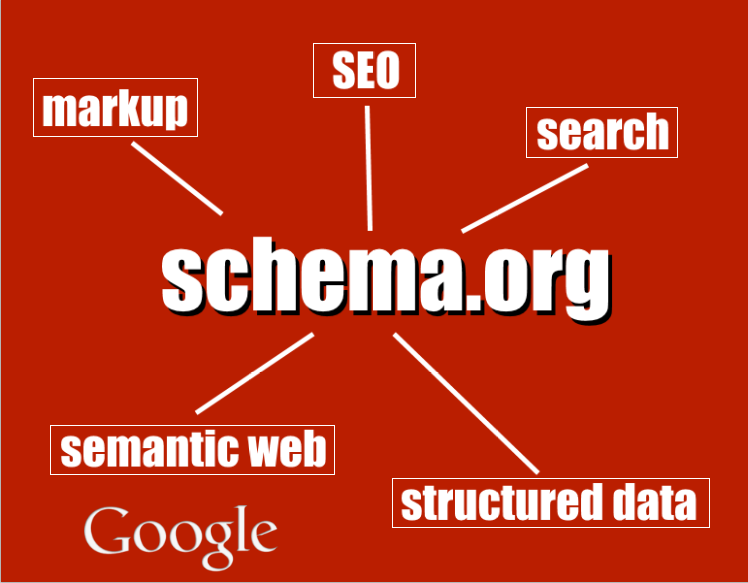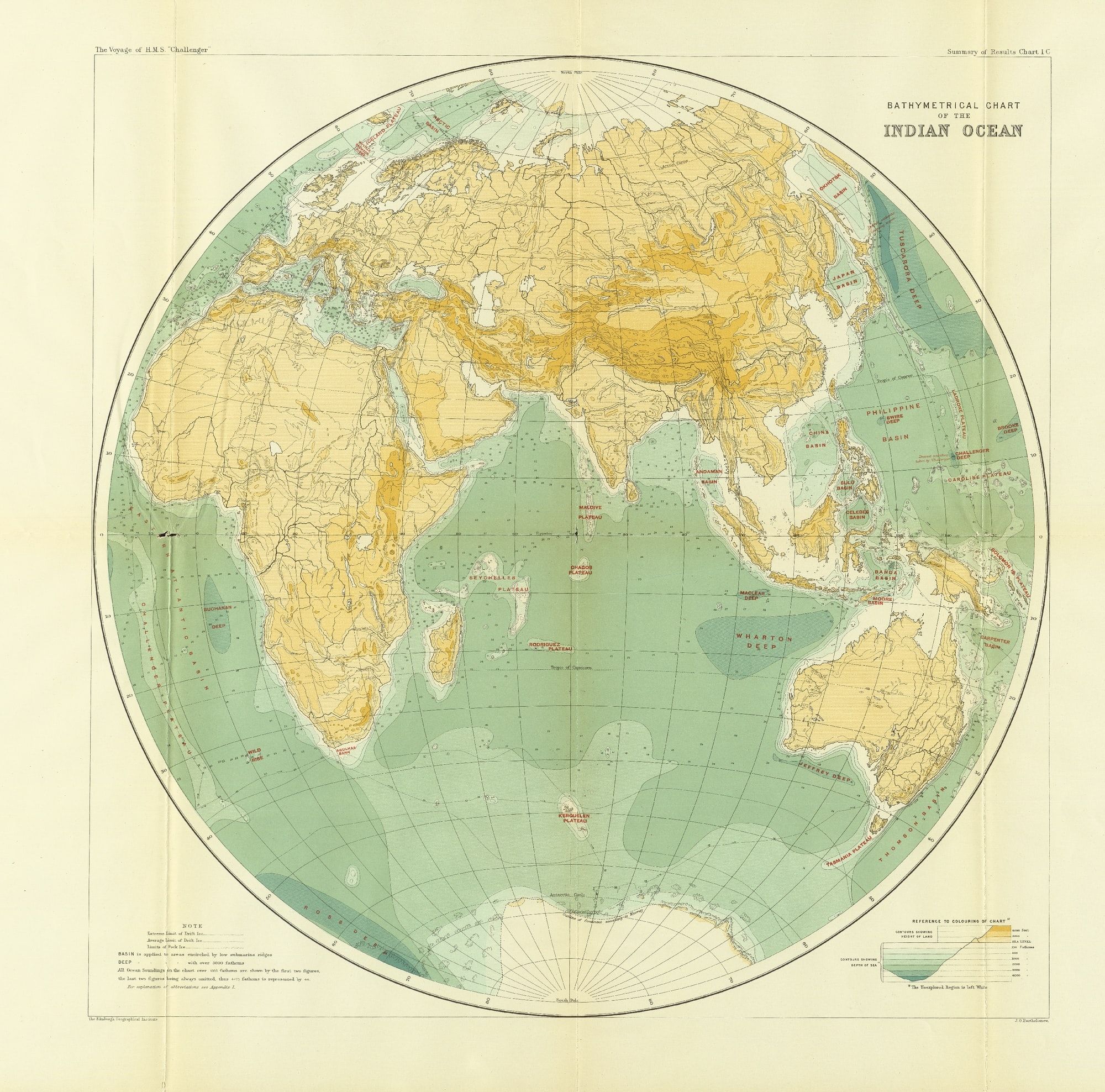
The Front Matter blog is launching a new membership model today. In August 2021 this blog started offering optional paid membership via the Buy Me a Coffee service. Unfortunately. two things happened: a) Paypal dropped supporting Buy Me a Coffee for membership payments at the end of last year, and b) there wasn't really any uptake of this support model, even if only charging $3 (or a cup of coffee) per month.
